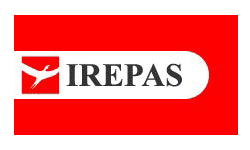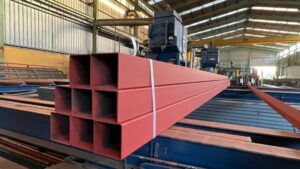Supply has caught up with demand in the global long products market, with lead times shortening, although prices higher than at the beginning of the fourth quarter of 2020 will be the new normal, says the International Rebar Exporters and Producers Association (Irepas). Moreover, freight rates are still significantly elevated.
Despite the return of market equilibrium, Section 232 and EU safeguards remain in force, and protected markets will continue enjoying their positions until measures are terminated, Irepas adds in its September short-range outlook seen by Kallanish.
“The slowdown in the Far East has dealt the market a strong body blow,” Irepas comments. “The Asian markets are making adjustments, but most would say that everyone is happy over there. The Indian and Vietnamese mills are exporting, while new plants in Indonesia as well as the Japanese mills are making historic profits. South Korean mills most likely will do the same.” There is strong competition between Turkish long product exports to Asia and Asian-produced material.
EU cut-and-benders’ stock levels are rising, as an increasing number of projects are being put on hold due to high prices for construction materials, including rebar. “The cut and benders are feeling a significant drop in order income and are holding their breaths to see how the EU mills will react to fewer order entries,” Irepas says. With summer holidays over, demand is however expected to recover and EU mill prices are therefore not expected to fall significantly, especially amid a lack of import alternatives.
US demand remains high but supply is gaining, although some shortages remain, especially on the West Coast. Imports cannot fill the gap due to shipping constraints. Costly freight is seeing mills offer on an fob basis. “Importers who buy on fob basis on all occasions are in for a surprise when cargoes are ready to ship. To add to the problem, most ports are full and do not wish to receive more cargoes,” Irepas observes. Credit has become an issue, with many buyers unable to insure the receivables.
Costly freight is discouraging international trade transactions, which will create short-term downward pressure on prices and long-term shortages in importing countries. Regionalisation is the current trend.
Chinese output cuts will spur the country’s demand for billet, which should support other regions, especially ASEAN producers, and could also buoy up steel pricing.
Almost all countries are looking at some type of stimulus plan and infrastructure spending, in particular, looks to continue for several years in Europe and North America.
Going forward, “some downward adjustments in the North American market may be seen and negativism is bound to spread and may affect other markets,” Irepas concludes.
Adam Smith Germany






